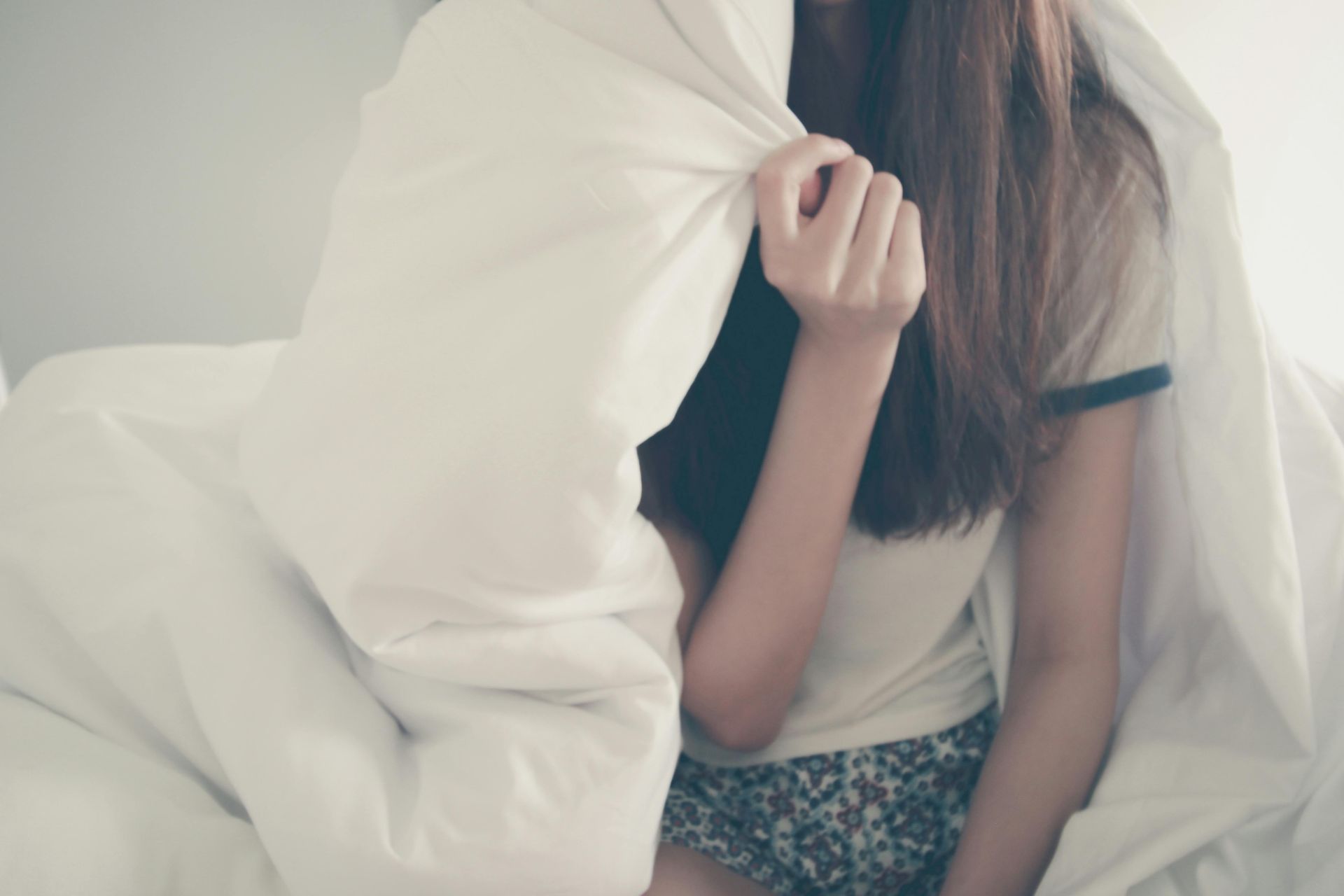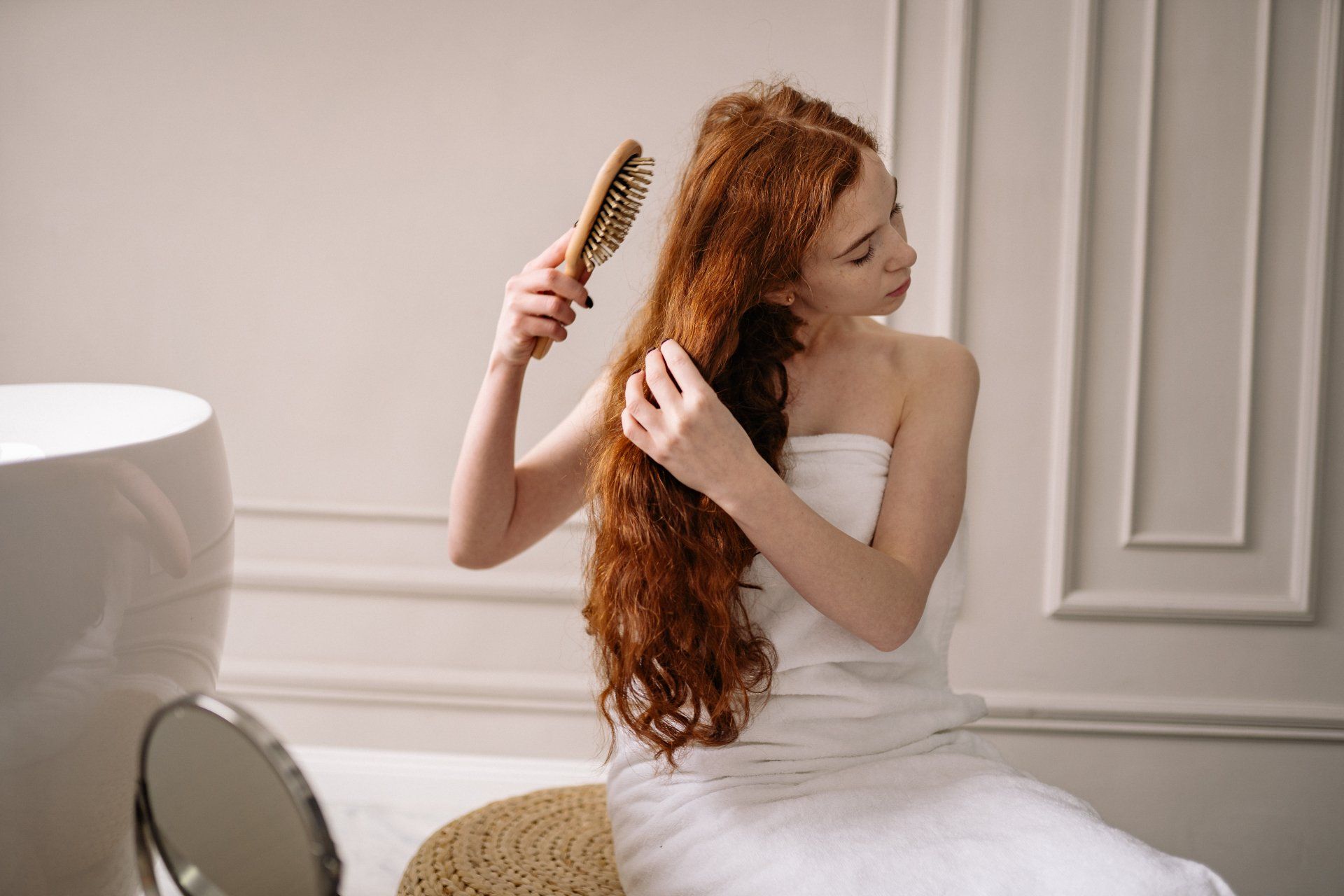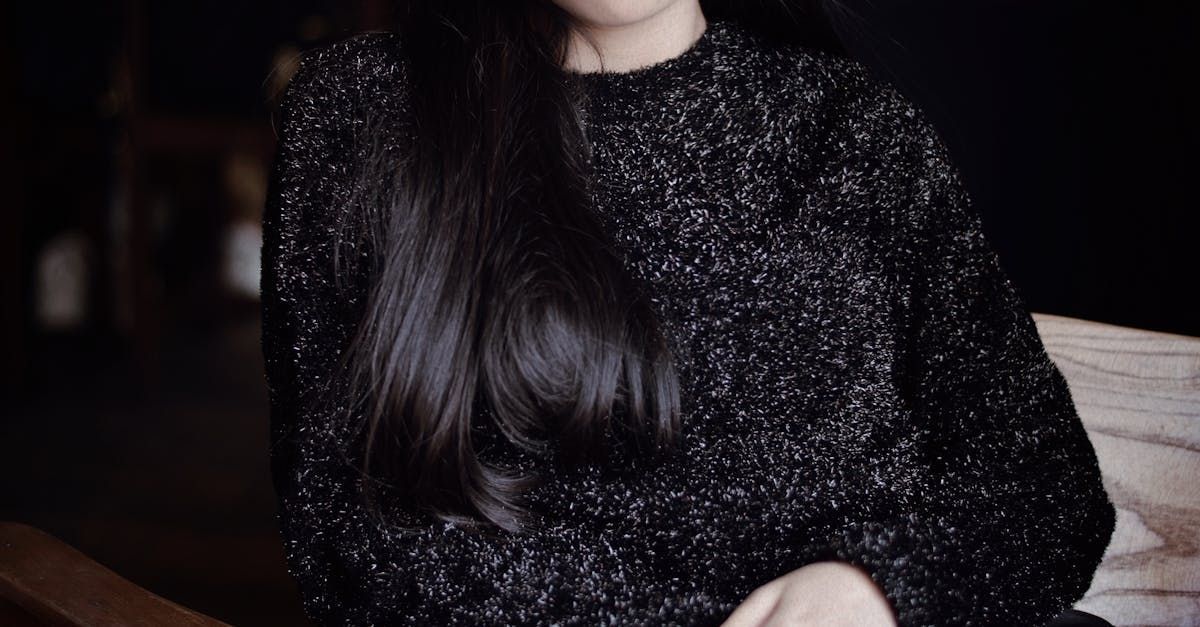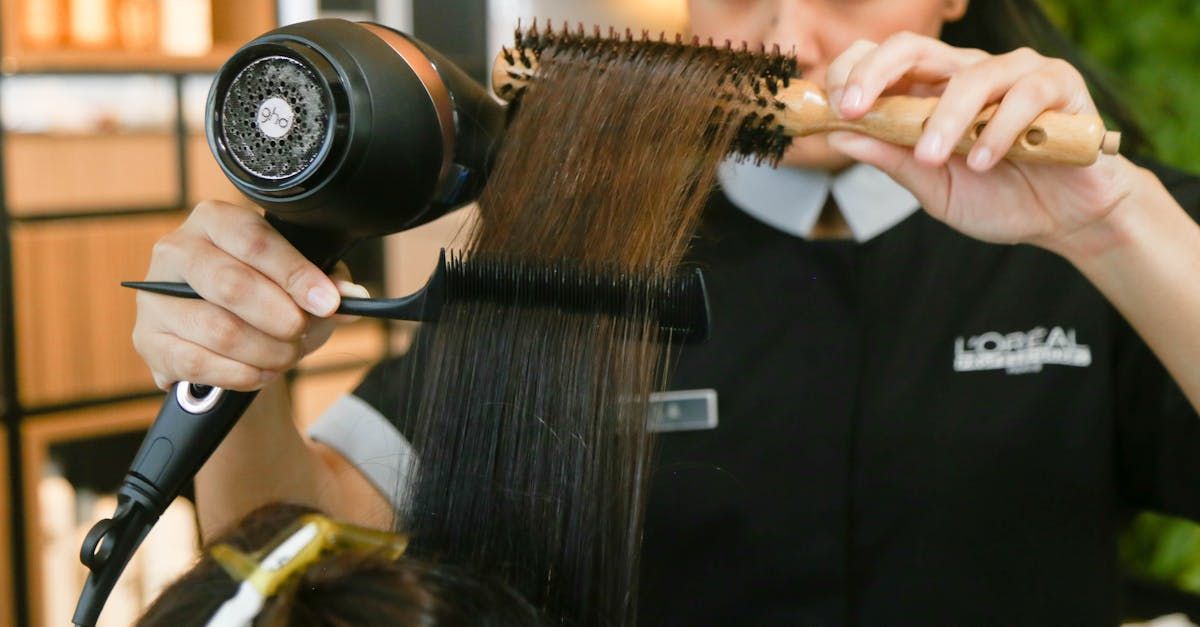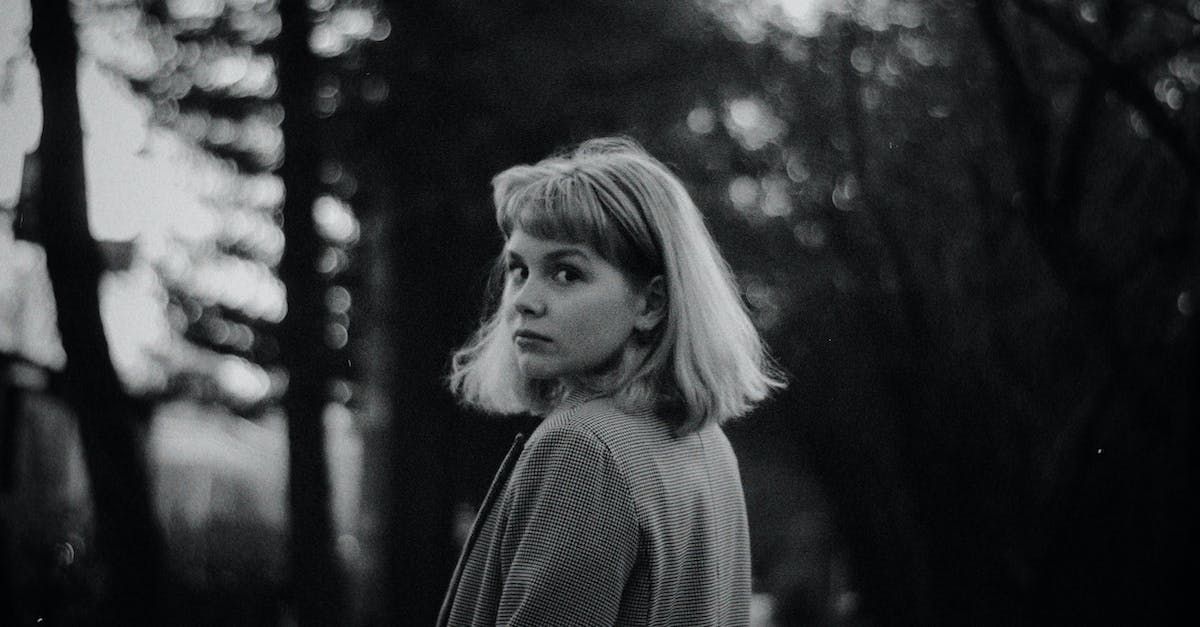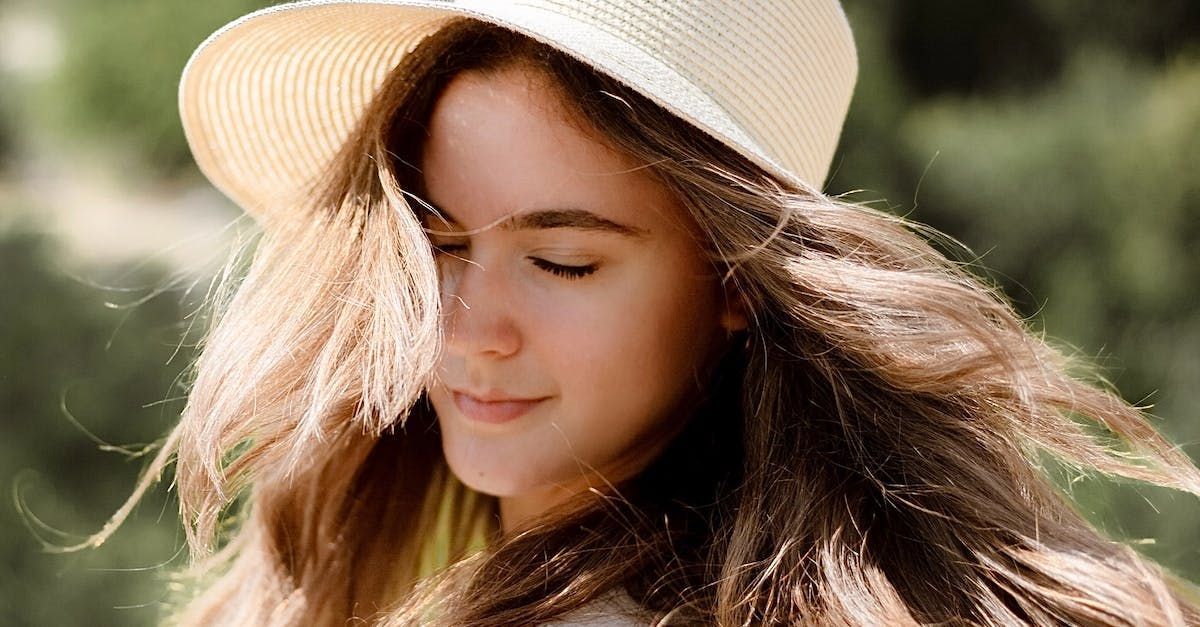The Effects of Perimenopause and Menopause on the Hair
As women enter perimenopause and menopause, many begin to notice subtle – or sometimes quite noticeable – changes in their hair. It might feel finer, drier, or less full than it once did. For many, these changes can be as emotional as they are physical, especially when hair has long been a source of confidence and self-expression.
Understanding what’s happening within the body can help make sense of these changes — and with the right care, it’s entirely possible to restore strength, shine, and vitality.
The Hormonal Connection and What It Means for Your Hair
The key to understanding menopausal hair changes lies in the natural ebb and flow of your hormones, primarily oestrogen and progesterone.
- Oestrogen, which I often call the 'hair-friendly' hormone, plays a crucial role in maintaining your hair in its growth phase for longer. As these levels begin to decline during perimenopause and then drop more significantly post-menopause, the hair’s growth cycle can shorten, leading to more hairs entering the resting and shedding phases simultaneously.
- The decline in both oestrogen and progesterone can also lead to a relative increase in androgen activity in the hair follicle. This hormonal shift is what commonly leads to changes like a widening parting or general thinning, often seen across the top of the head.
Perimenopause (the transitional years leading up to menopause) and menopause bring significant hormonal changes. As oestrogen and progesterone levels begin to fall, the balance shifts, and androgens (male hormones such as testosterone) can become more dominant.
This hormonal shift can affect the hair’s natural growth cycle:
- Thinning and reduced density: Fewer hairs may be growing at once, creating a finer overall texture.
- Increased shedding: The hair’s growth phase shortens, leading to more frequent shedding.
- Texture changes: Hair can become drier, coarser, or more prone to frizz.
- Slower regrowth: New hairs may grow back finer or take longer to appear.
These changes are entirely natural — but that doesn’t mean they should be ignored.
The Emotional Connection
Hair isn’t just about appearance; it’s deeply personal. Many women tell me that changes to their hair during menopause make them feel less like themselves. As a hairdresser, I believe one of the most powerful things we can offer during this stage is reassurance — along with the expertise to help your hair thrive again.
Caring for Hair During Perimenopause & Menopause
With a few mindful adjustments to your routine, your hair can continue to look and feel beautiful.
1. Focus on scalp health
Healthy hair begins with a healthy scalp. Regular exfoliation and gentle massage can stimulate circulation, helping to support stronger growth.
2. Strengthen and nourish
Choose shampoos and conditioners enriched with proteins, natural oils, and moisture-binding ingredients. Treatments with keratin, biotin, or argan oil can help smooth and strengthen each strand.
3. Professional treatments
In-salon treatments tailored to your hair’s changing needs can deeply restore condition, shine, and manageability.
4. Support from within
Nutrition plays a huge role. A diet rich in iron, zinc, vitamin D, and omega-3s supports healthy hair growth from the inside out.
5. A fresh approach to styling
A new cut or styling technique can make a world of difference. Softer layers, clever shaping, or strategic volume can restore movement and confidence.
You’re Not Alone
Perimenopause and menopause are times of change — but they can also be moments of rediscovery. With the right care and understanding, your hair can continue to feel every bit as beautiful as it always has.
If you’re noticing changes in your hair and would like bespoke advice, I offer one-to-one consultations in a calm, private environment. Together, we can explore what your hair needs now and create a plan to help it look and feel its best through every stage of life.



